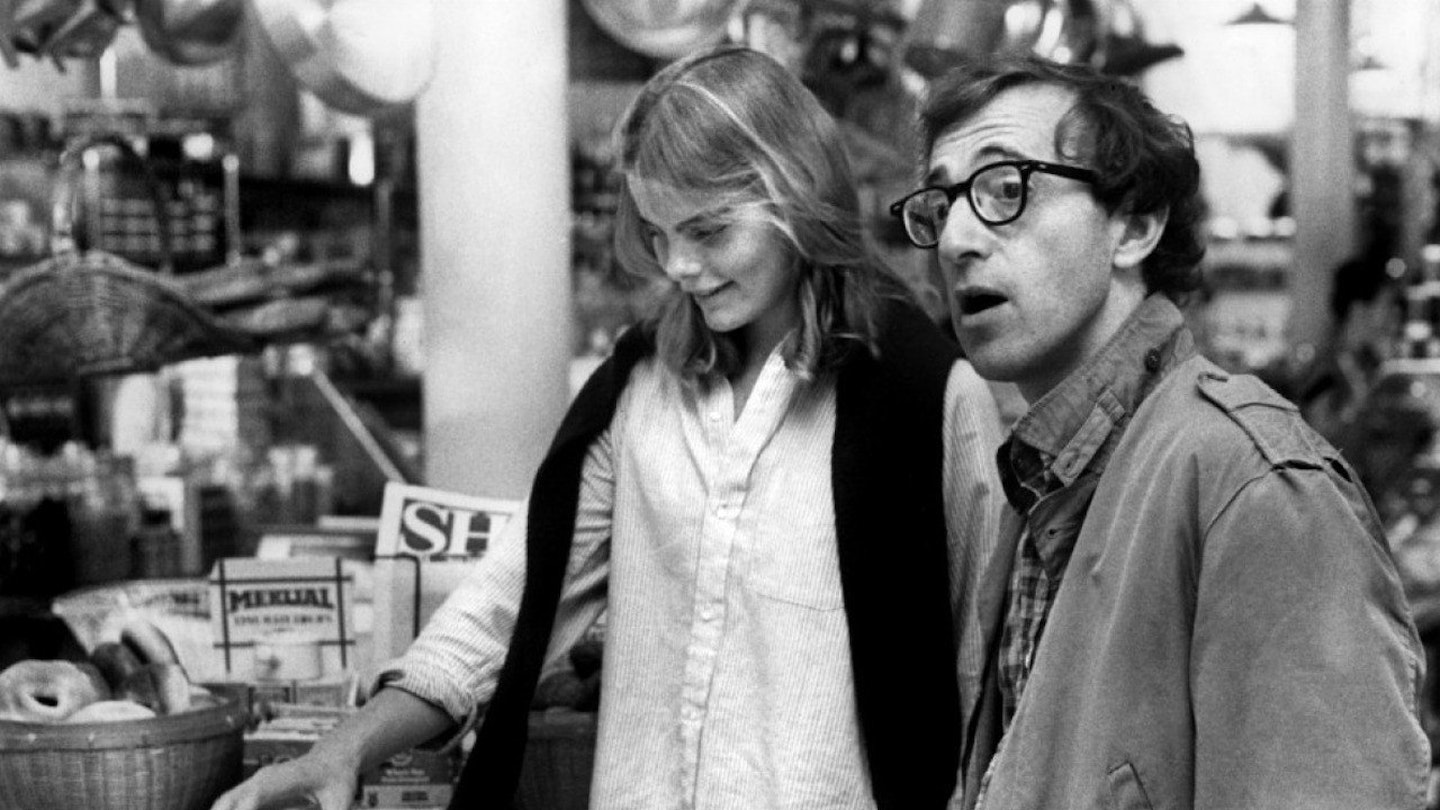When Woody Allen saw the rough cut of Manhattan, he asked producers Jack Rollins and Charles H. Joffe if United Artists would consider destroying every frame if he did his next film for them for free. However, thanks to editor Sandy Morse, this paean to his home town emerged as Allen's most effortlessly European feature.
Accompanied by George Gershwin's sublime Rhapsody in Blue, the shots of the fireworks over Central Park, of Brooklyn Bridge, the Empire State Building and dawn coming up over the skyscrapers may seen quintessentially New York - and some have even claimed the picture as an East Coast equivalent to Orson Welles's The Lady from Shanghai (1948). But this is, in fact, Allen's take on La Dolce Vita (1960), with Isaac discovering the empty decadence of the city's chattering classes in much the same way that Marcello realised the moral and intellectual bankruptcy of Rome's elite.
Filmed by Gordon Willis in Panavision on Technicolor stock that was printed in monochrome, this is not just Allen's most beautiful film. It's also the most personal. The absence of colour reflects Isaac's disillusion with both his career and the circle of friends with whom he has surrounded himself. They are all writers - Yale is working on a biography of Eugene O'Neill, Mary is a critic and columnist and his ex-wife, Jill, who left him for her lesbian lover, is writing a feminist tract on their marriage that he knows will lead to his socio-sexual humiliation. Moreover, their conversation is peppered with allusions to creative artists, from Strindberg and Kafka to Bergman, Fellini and Groucho Marx.
Yet, Isaac consistently denigrates the one person who offers him an escape from all this shallow pretension and he only realises Tracy's importance when he includes her in his charming litany of crucial pleasures. Typically, the critics chose to castigate Allen for choosing a 17 year-old blonde as his soulmate. But she symbolises the energy and excitement that Isaac had forgotten existed within Manhattan and her parting exhortion to have faith in people is the solution to his emotional and artistic crises.
